WORKPLACE MEDIATION
Understanding Workplace Mediation
Workplace mediation is an effective tool designed to resolve conflicts within a professional setting. It involves a process facilitated by a neutral mediator who helps conflicting parties communicate better and work towards mutually acceptable solutions.
The Role of a Neutral Mediator
The mediator plays a crucial role in workplace mediation. By remaining impartial, they create a safe environment where all parties can express their concerns openly. The mediator facilitates discussions, helping individuals find common ground and develop solutions that work for everyone involved.
Key Benefits of Workplace Mediation
Workplace mediation offers several advantages:
- Improved Relationships: It fosters healthier work relationships by addressing issues directly.
- Reduced Stress: By resolving conflicts early, mediation alleviates stress and tension within teams.
- Cost-Effective: It helps avoid the expenses associated with legal battles.
- Enhanced Communication: Mediation encourages open dialogue, improving overall communication and collaboration.
- Employee Retention: Addressing disputes reduces turnover by tackling underlying issues affecting morale.
- Preservation of Reputation: By avoiding legal disputes, companies maintain their reputation and employee trust.
Types of Conflicts Suitable for Mediation
Mediation is particularly effective for resolving:
- Communication Breakdowns: Misunderstandings and miscommunications are common in any workplace.
- Personality Clashes: Interpersonal differences can lead to tension and conflict.
- Misunderstandings About Job Duties: Clarity on roles and responsibilities can prevent future disputes.
The Mediation Process
Mediation is a voluntary and confidential process. It typically involves:
- Preparation: The mediator discusses the process with the parties involved and gathers relevant information.
- Joint Sessions: All parties meet to discuss the issues, guided by the mediator.
- Agreement Phase: Solutions are proposed, and an agreement is reached that satisfies all parties.
The Role of HR
HR professionals are pivotal in supporting the mediation process. They ensure that mediation aligns with company policies and that all participants understand their roles and responsibilities. HR's involvement helps maintain compliance and provides a structured approach to conflict resolution.
Conclusion
Workplace mediation is an invaluable resource for HR professionals, managers, and employees alike. It promotes a positive work environment, enhances communication, and offers a cost-effective solution to resolving disputes. By encouraging mediation, businesses can preserve relationships, improve morale, and maintain a strong, cohesive workforce.
Healing Workplace Tension: How Mediation Transformed Team Dynamics
A business faced a serious challenge when workplace tension between two key colleagues, Anna and Barbara, began to affect team morale and productivity. The business brought in an experienced mediator who agreed to provide a combination of conflict coaching and mediation, which successfully restored harmony. This intervention resulted in a 150% increase in productivity, reduced team tension, and improved workplace relationships.
Introduction
The business is a leading player in the technology sector, renowned for its innovative solutions and a collaborative work environment. However, like many dynamic companies, it occasionally faces internal conflicts that threaten its harmonious culture. An internal dispute arose between Anna and Barbara, two crucial team members, risking a decline in team morale and productivity. Recognising the gravity of the situation, the business sought a professional intervention to mediate and restore team dynamics.
The Problem
The core issue centred around a personal conflict between Anna and Barbara. When Anna was promoted, Barbara, feeling overlooked, started exhibiting uncooperative behaviour. This led to a series of confrontations, culminating in Anna placing Barbara on a performance warning during a review, and Barbara filing a grievance alleging bullying. The conflict escalated to involve the HR department and created palpable tension within their team. Morale plummeted and productivity dropped significantly as team members felt caught in the crossfire.
The Solution
Understanding the need for a structured and professional approach, the business engaged a seasoned mediator to facilitate a resolution. The intervention began with individual conflict coaching sessions, allowing both Anna and Barbara to express their feelings and understand each other’s perspectives. These sessions aimed to prepare them for a more productive dialogue during a joint workplace mediation session.
The mediator played a key role in guiding this session, focusing on rebuilding trust and communication. During mediation, both parties agreed on specific measures to restore their professional relationship. Anna and Barbara were both provided training to better equip them for their roles, with Barbara taking on additional responsibilities that necessitated closer collaboration with Anna.
Results
The mediation process yielded significant and measurable results. The team's productivity soared, increasing by 150%, indicating that the resolution of personal conflicts had a substantial positive impact on the team's output. Tension within the team dissipated, fostering a more harmonious work environment. Colleagues reported an improvement in workplace relationships, not only between Anna and Barbara but throughout the team.
A testimonial from Anna highlighted the success of the intervention, stating, "The mediation process opened my eyes to new perspectives and helped rebuild our team bonds. We’re now more united and productive than before."
Conclusion
This case study underscores the importance of mediation in resolving workplace conflicts to restore and enhance team dynamics. By addressing the root cause of the issue and fostering a cooperative environment, the business not only mitigated immediate tensions but also strengthened the team for future challenges.
Looking forward, the business remains committed to maintaining a supportive and productive work culture, leveraging this successful mediation experience to inform their conflict resolution strategies. For businesses facing similar challenges, mediation services offer a powerful tool to transform workplace dynamics and boost team performance.




